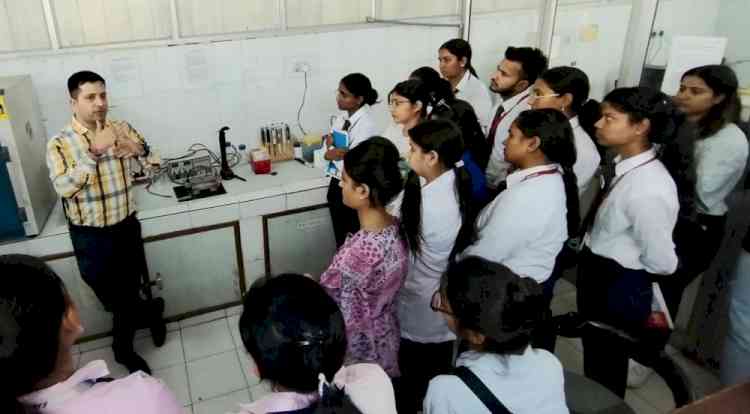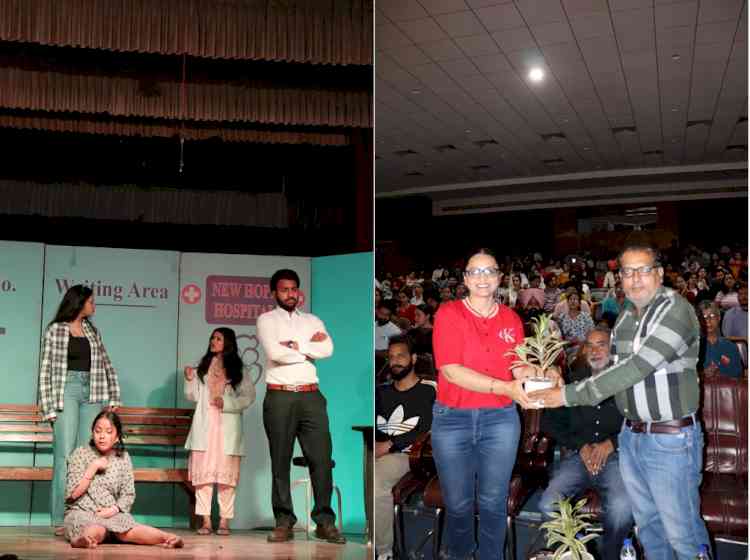Hygienic And Clean Practices About Meat Handling And Consumption In Monsoon Period
Author(s): City Air NewsLudhiana, July 21, 2016: The meat and meat products being highly nutritious and having high moisture content with nearly neutral pH serves as a good culture medium for the growth of most microorganisms. Therefore,...

Ludhiana, July 21, 2016: The meat and meat products being highly nutritious and having high moisture content with nearly neutral pH serves as a good culture medium for the growth of most microorganisms. Therefore, it is a highly perishable food and whose contamination with spoilage organisms (bacteria, yeasts moulds) is almost unavoidable as informed in a release issued on Thursday.
The information was shared by Dr Manish Chatili HoD, Livestock products and technology of Guru Angad Dev Veterinary and Animal Sciences University, Ludhiana. He was sharing views on hygienic and clean practices about meat handling and consumption in monsoon period. Rainy season (monsoon) also favors the growth of spoilage and pathogenic microbes. So, there are more chances of contamination of these foods with polluted-dirty water, thunderstorms etc, he added.
In the rainy season the water get deposited in many pits and holes which act as breeding ground for the growth of mosquitoes, fleas and microorganisms. The unhygienically handled meat and meat products favor the spread and proliferation of micro-organisms. So, appropriate measures should be taken to have clean meat production. Hygienic conditions should be maintained where animals are slaughtered and meat products are prepared and preserved. At most care of cleanliness should be taken while harvesting, handling, transportation, cooking and preservation of livestock products.
In the case of roadside or clandestine slaughter, the carcasses are washed either in river and pond water or same water tub is repeatedly used for washing and cleaning of no. of birds/animals. This practice should not be followed and meat should be washed with the clean potable water and also in free flowing water to avoid cross contamination from one animal/bird to other.
From a consumer angle the best way to prevent parasitic diseases is to cook meat to safe temperatures more than 100°C for 15 min. Always boil the meat properly before consumption and avoid fried meat products (meat pakoras etc.) during rainy seasons. Especially, the meat products such as ‘tandoori chicken’ etc. which is mostly undercooked may lead to various gastronomical problems.
The processed meat products such as meat pickle and sausages etc. which have higher salt content should be avoided. Consuming too much salt could lead to fluid retention and other uneasy and harmful things such as sluggishness, unnecessary hunger pangs and feeling weighed down. The conditions may get further deteriorates, if you are heart patient.
Dr Harish Kumar Verma, Director of Extension Education revealed that university conducts different types of training programme. We also conduct training on value addition of meat products, which covers all the important points and remedies for hygienic meat handling.

 cityairnews
cityairnews 
















